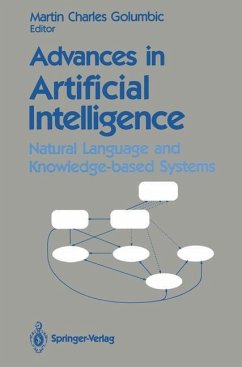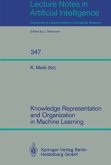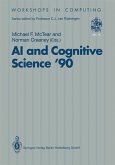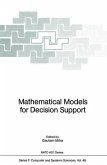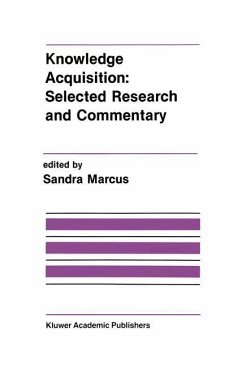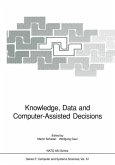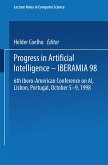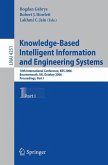Research in artificial intelligence, natural language processing and knowledge-based systems has blossomed during the past decade. At national and international symposia as well as in research centers and universities all over the world, these subjects have been the focus of intense debate and study. This is equally true in Israel which has hosted several international forums on these topics. The articles in this book represent a selection of contributions presented at recent AI conferences held in Israel. A theoretical model for a system that learns from its own experience in playing board games is presented in Learning from Experience in Board Games by Ze'ev Ben-Porat and Martin Golumbic. The model enables such a system to enhance and improve its playing capabilities through the use of a learning mechanism which extracts knowledge from actual playing experience. The learning process requires no external guidance or assistance. This model was implemented and tested on a variant of "Chinese Checkers. " The paper shows the feasibility and validity of the proposed model and investigates the parameters that affect its performance traits. The experimental results give evidence of the validity of the model as a powerful learning mechanism. Original and general algorithms for knowledge extraction and pattern matching were designed and tested as part of the prototype computer system. Analysis of the performance characteristics of these algorithms indicates that they can handle large knowledge bases in an efficient manner.
Bitte wählen Sie Ihr Anliegen aus.
Rechnungen
Retourenschein anfordern
Bestellstatus
Storno

